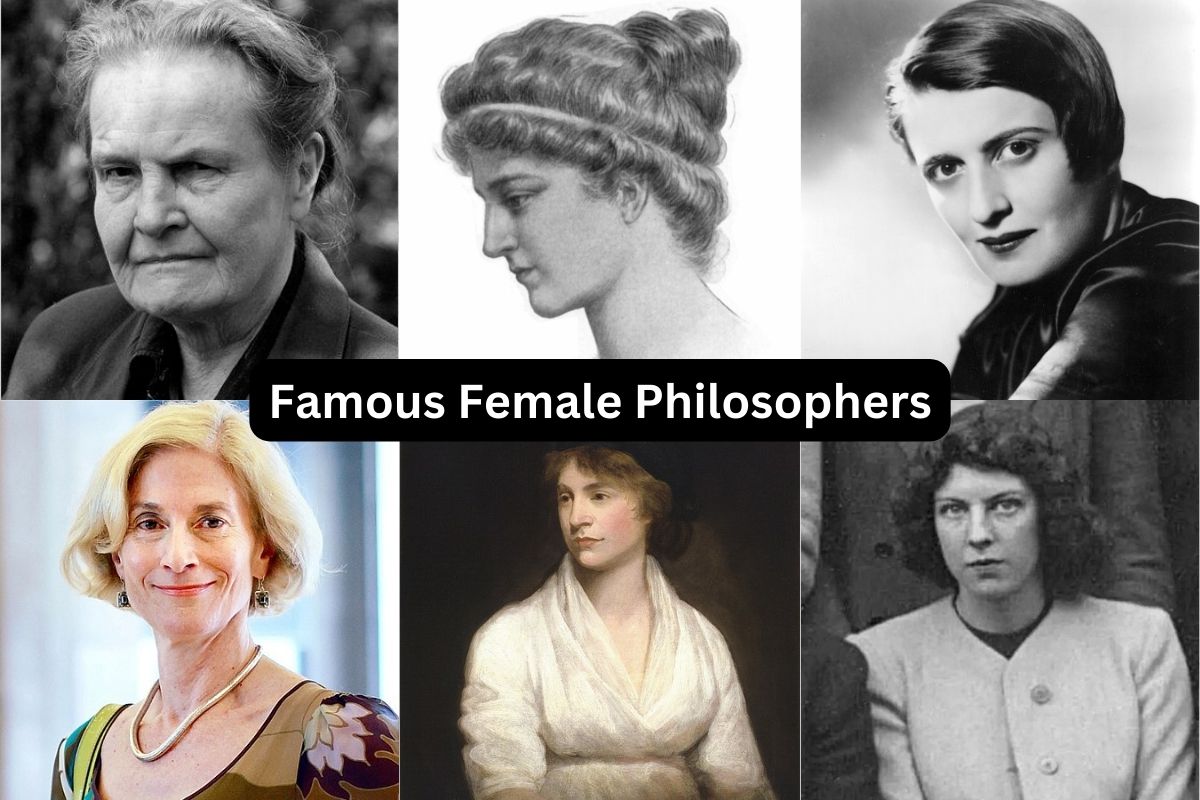If you like reading about philosophy, here’s a free, weekly newsletter with articles just like this one: Send it to me!
Women philosophers
It’s not easy to even find reliable information about women philosophers of past times. There are a handful here and there, but they are often centuries apart, while one could most likely name at least one male thinker who was alive at any random year since the time of Diotima. This, of course, is due to the fact that in most past societies women were not educated as well as men, did not have access to universities or other intellectual career paths, and, even when they could express themselves, were seldom taken seriously by their male-dominated surroundings.
With International Women’s Day just behind us, let us now have a look at some women thinkers of the past and from different cultures.
Gargi Vachaknavi (7th century BCE)
Image: Midjourney
Gargi Vachaknavi was an Indian philosopher and debater of the Vedic period who appeared in the Bṛhadāraṇyaka Upaniṣhad.
When the king King Janaka of the Kingdom of Videha held a particular ritual ceremony, he invited all the learned sages of India to participate. The ceremony lasted for many days, and the streets were filled with scholars, holy men and the aroma of sandalwood and other offerings. The king wanted to have a contest to decide who was the greatest scholar, and he offered a prize of cows and gold for the scholar who would show the deepest knowledge of spiritual matters. The famous sage Yajnavalkya, convinced that he was the most accomplished wise man at the gathering, claimed the cows for himself and started to arrange for them to be delivered to his house. Out of the hundreds of sages at the meeting, only eight protested and challenged him to a debate contest – and one of them was Gargi, the only woman among them. In the end, Gargi lost the argument (as perhaps it was unthinkable that a woman at that time would trump the most learned of men), but at least she came second and her name is forever now part of the Hindu classics.
Aspasia (~470–after 428 BCE)

We know almost nothing with certainty of the life of Aspasia of Miletus, a philosopher and rhetorician. She was the partner of statesman Pericles, who led Athens through its Golden Age and the Persian Wars, and she was well-known in Athenian society. But ancient society being what it was, she was often portrayed as a courtesan, and descriptions of her focused on her sexuality and her influence on her famous partner.
The most detailed biographical information we have of her comes from Plutarch (46-119 CE), who wrote about her nearly seven centuries after her death. She was from Miletus, …
Read the full article which is published on Daily Philosophy (external link)








